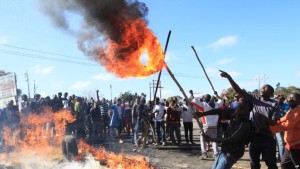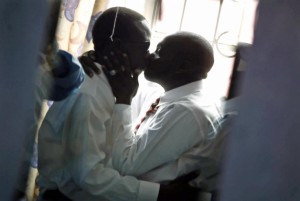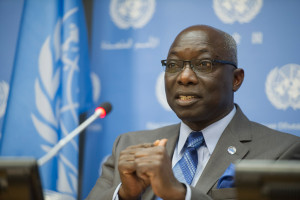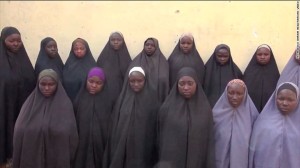HARARE, Zimbabwe— Police and protesters clashed in Harare and other towns in Zimbabwe on July 4th. Minibus and taxi drivers were protesting excessive road blocks where police often collect bribes. Drivers said that the payment of these bribes is costing them nearly $50 a day. This is in a country where most of the population lives on less than $1 a day.

Protests turn violent as police clash with protesters. (Photo Courtesy of VOA)
The protests started out peacefully, but negotiations soon broke down between police and protesters. Protesters began to set up barriers to mock the road blocks that they deal with from the police. Local businessmen tried to negotiate between the police and protesters, though violence broke out despite their efforts. Police launched tear gas and water cannons to clear the crowds. A warning against public violence was also published by the government and said that “all those who are inciting and engaging in violence that such misconduct will be severely dealt with.” Media reports show that 30 protesters have been arrested.
Zimbabwe has been facing economic difficulties since gaining independence from Britain in 1980. The country’s leader President Robert Mugabe has faced criticism over his inability to stimulate the economy since he came to power. Most recently, banks have run out of notes and government employees have not received their paychecks. These unpaid government workers are were expected to strike by Tuesday if not paid.
For more information see:
Africa News – Zimbabwe police cracks down on protesting drivers – 4 July 2016
Al Jazeera – Taxi drivers’ protest turns violent in Zimbabwe – 4 July 2016
BBC – Zimbabwe police clash with rioting minibus drivers – 4 July 2016


